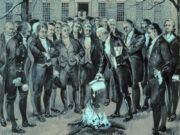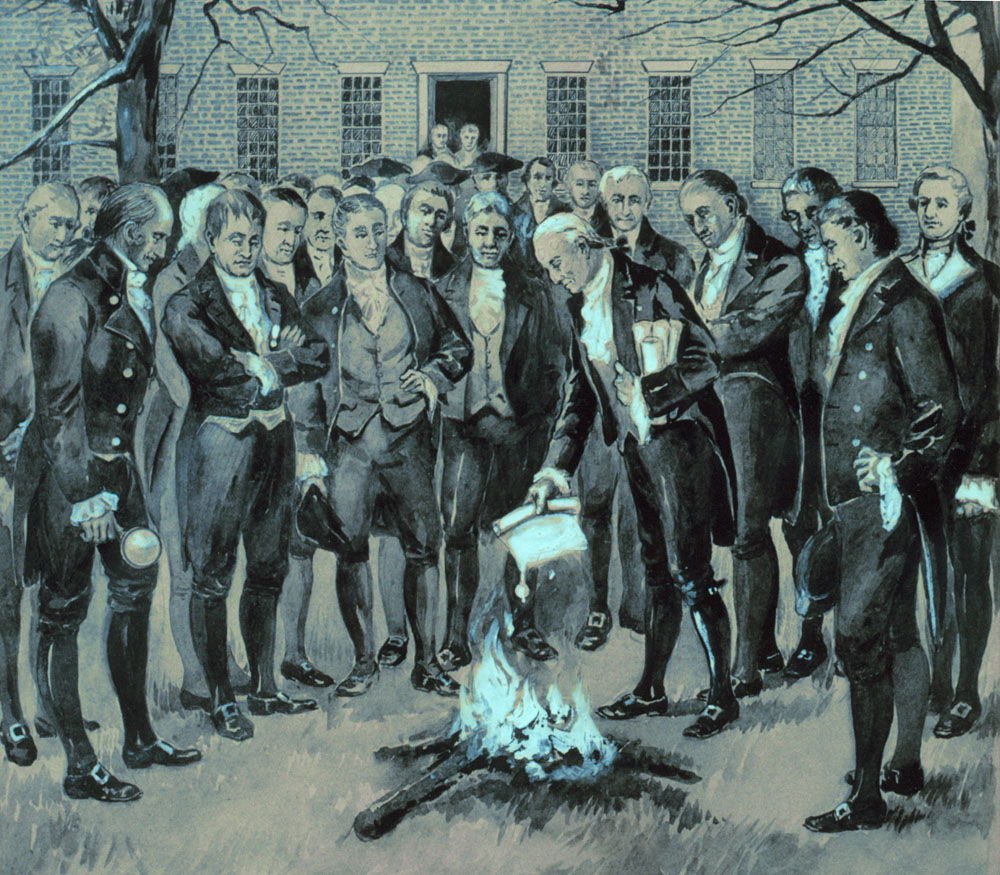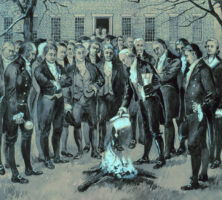The Fletcher case arose out of the Yazoo land fraud, which came to light after bribed members of the Georgia legislature voted in January 1795 to sell for a bargain-basement price the vast frontier that comprises most of modern-day Alabama and Mississippi. A 1796 rescinding act, adopted by a newly installed and more upright Georgia legislature, took away ownership of the land from prior buyers, including supposedly innocent third-party purchasers who had bought parcels of the tract from the original grantees. This resulted in a challenge to the constitutionality of the 1796 act.
Robert Fletcher, a resident of New Hampshire, had bought his Yazoo tract from John Peck, a resident of Massachusetts, who traced his title back to the state of Georgia through supposedly innocent purchasers. In connection with the land transfer, Peck promised Fletcher that the title had not been constitutionally impaired by the 1796 rescinding legislation. When that proved not to be the case, Fletcher sued Peck. The case thus entailed Peck’s arguing to the U.S. Supreme Court that the 1796 act was unconstitutional, so that no breach of his promise to Fletcher had occurred.
In Chief Justice John Marshall’s opinion in the Fletcher case, the Court sustained the constitutional challenge to Georgia’s rescinding act, thus establishing an important precedent: that the Supreme Court has the power to declare state laws unconstitutional. (The Court’s earlier and more famous decision in Marbury v. Madison had recognized the Court’s ability to strike down acts of the U.S. Congress, without specifically considering the Court’s power to invalidate laws enacted by states.)
Fletcher is important for other reasons as well. The case laid the basis for the principle that the limitations imposed by the “impairment of contract” clause extend to governmental, as well as private, contractual obligations. Even more important, the Court’s opinion in Fletcher hinted at the notion that Americans may possess judicially enforceable rights rooted not so much in the specific language of the U.S. Constitution as in “general principles, which are common to our free institutions.” Much of the Court’s most controversial work ever since has explored the extent to which the Court may protect human rights that do not find clear expression in the text of the Constitution.






